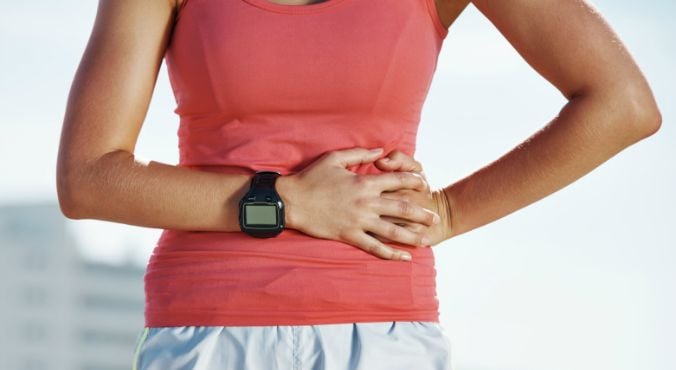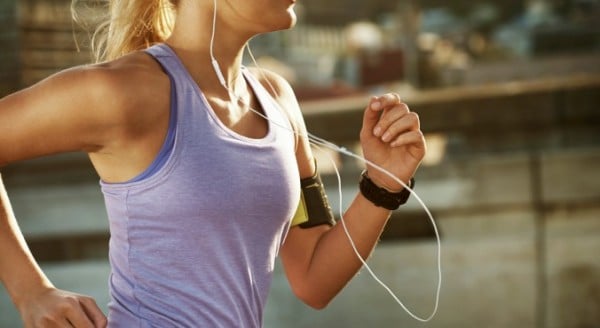
Image via iStock
We know exercise increases your muscle and fitness levels, but have you ever found your bowel movements a little more energetic than usual after your run, too?
Well, there’s a reason for that: it turns out your toilet habits are significantly effected by how active you are.
In a 2011 study published in the Scandinavian Journal of Gastroenterology, Swedish researchers looked into the ‘gastrointestinal characteristics’ (read: poo movements) of a group of 15 elite athletes during a week of intense training, compared to a week of rest.
During the heavy training week, they found participants had a higher number of bowel movements, increasing from 1.3 during rest week to 1.5 a day when they were training.
Using the Bristol Stool Form Scale, a measure of poo consistency from one to seven — seven being the most watery — the athletes also recorded looser stools, with an average rating of 4.2 compared to 3.9 during the rest week.
While there is no doubt exercise affects your bowels, exactly how it does depends on the degree of exertion and type of exercise you do. (Post continues after gallery.)
5 awkward bathroom scenes that can't be unseen.
“Strenuous exercise may provoke heartburn and diarrhoea, likely caused by increased intestinal motility (contractions) and changes in hormones and neurotransmitters during exercise,” says gastroenterologist Dr John Halliday.
Issues with bowel movements are particularly common among runners, which some partly attribute to the effect the repetitive movement of feet pounding the ground has on a runner’s intestines.


Top Comments
I was wondering. I have just begun to walk for fitness and this continues to happen. Not only do I have to hope and plan when the place I walk opens so if I can't make it home I can still go. Along with my water, identification, I am also forced to carry around a small bottle of Poo-Pourri just in case.